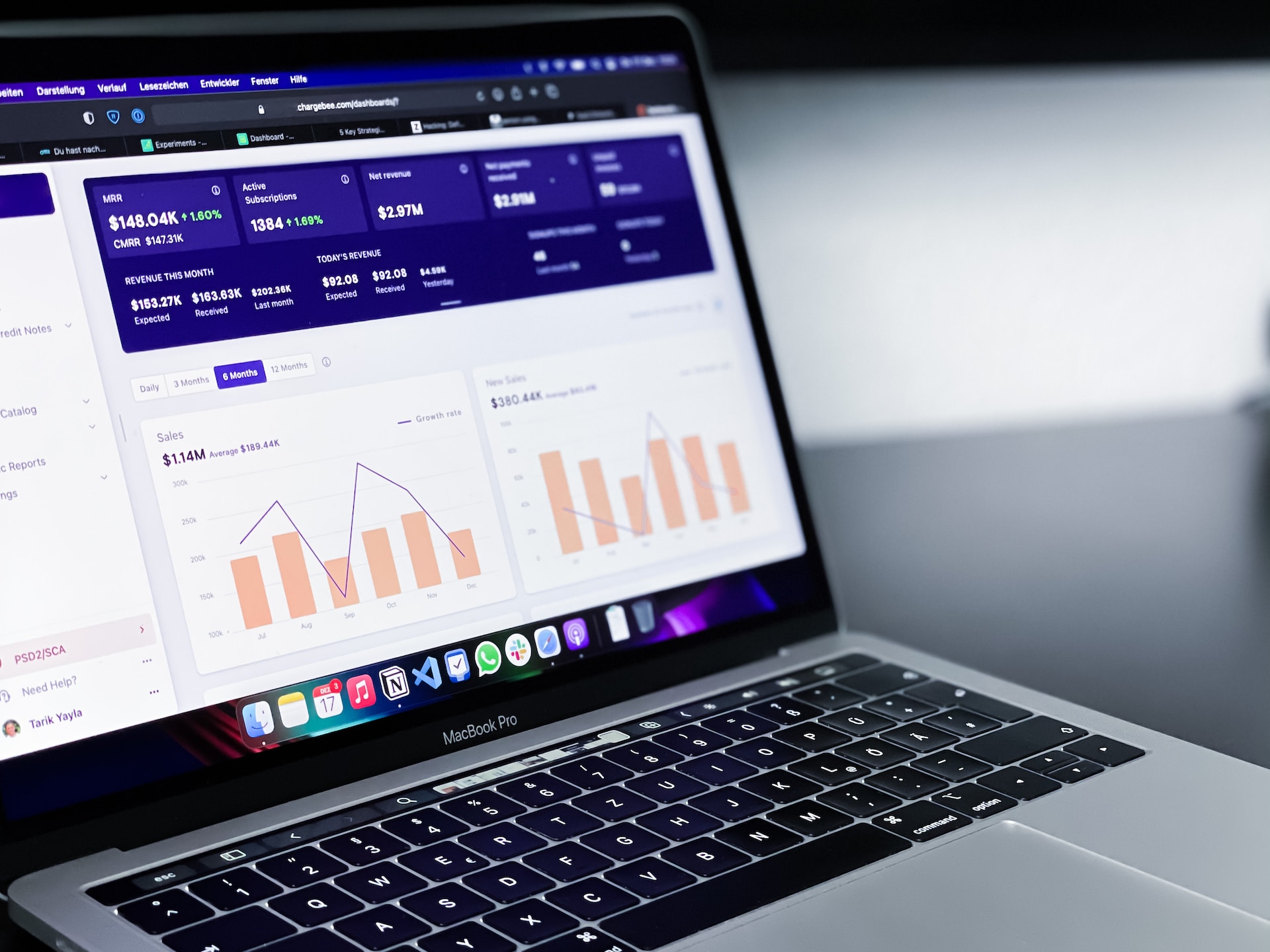Supply chain management (SCM) stands as a critical component of organizational success and competitiveness. The ability to effectively manage the supply chain has a direct impact on business operations, from cost reduction to customer satisfaction. One of the most transformative influences in this area has been the integration of analytics. This blog post will explore how analytics is revolutionizing supply chain management, offering insights into trends, efficiency optimization, and decision-making processes.
Understanding Supply Chain Analytics
Supply chain analytics involves the application of statistical analysis and predictive modeling to data related to the supply chain. This data encompasses everything from procurement and production to distribution and customer feedback. The goal is to extract meaningful insights that can inform strategic decisions and improve operational efficiency.
Types of Analytics in SCM
- Descriptive Analytics: This form deals with analyzing historical data to understand trends and patterns. It answers the question, “What happened?”
- Predictive Analytics: This focuses on forecasting future events by identifying patterns in historical data. It answers, “What could happen?”
- Prescriptive Analytics: The most advanced form, it suggests actions you can take to affect desired outcomes. It answers, “What should we do?”
Enhancing Supply Chain Decision-Making
Real-Time Data for Proactive Management
The ability to access and analyze real-time data is a game-changer for supply chain managers. With real-time analytics, businesses can quickly identify and address issues like delays, shortages, or quality problems before they escalate. This proactive approach can significantly reduce costs and improve customer satisfaction.
Predictive Analytics for Demand Forecasting
Predictive analytics allows businesses to anticipate demand, adjust production schedules, manage inventory levels efficiently, and plan for seasonal fluctuations. Accurate demand forecasting reduces the risk of overproduction and underproduction, optimizing inventory management and reducing waste.
Risk Management and Mitigation
Supply chain analytics also plays a crucial role in risk management. By analyzing data from various sources, companies can identify potential risks, such as supplier reliability issues or geopolitical factors that could disrupt the supply chain. Armed with this information, they can develop contingency plans and mitigate risks before they impact the business.
Optimizing Operations and Reducing Costs
Improved Inventory Management
Analytics enables more precise inventory control, reducing the costs associated with overstocking or stockouts. By understanding demand patterns and supplier performance, companies can optimize their inventory levels, ensuring they have the right products at the right time without tying up excessive capital in inventory.
Enhancing Supplier Performance and Relationships
Through analytics, businesses can evaluate supplier performance, identify areas for improvement, and strengthen partnerships. Data-driven insights help in negotiating better terms, improving lead times, and ensuring higher quality materials.
Streamlining Logistics and Distribution
Analytics can optimize routing, reduce transportation costs, and improve delivery times. By analyzing traffic patterns, weather data, and delivery schedules, companies can find the most efficient ways to move products from point A to point B.
Driving Customer Satisfaction and Competitive Advantage
Meeting Customer Expectations
In an era where customers expect fast, reliable, and personalized services, analytics helps businesses meet these expectations. By understanding customer preferences and buying patterns, companies can tailor their supply chain strategies to deliver a superior customer experience.
Building a Responsive and Agile Supply Chain
Analytics fosters agility in the supply chain, enabling businesses to adapt quickly to market changes, customer needs, and unexpected disruptions. This agility is a significant competitive advantage in today’s dynamic market environment.
Sustainable Supply Chain Practices
Analytics also aids in developing sustainable supply chain practices. By analyzing data related to energy consumption, material usage, and waste generation, companies can identify opportunities to reduce their environmental footprint, which is increasingly important to consumers and stakeholders.
The Future of Supply Chain Management with Analytics
The integration of advanced technologies like AI and IoT with supply chain analytics is set to further revolutionize this field. AI algorithms can process vast amounts of data to provide deeper insights and automate complex decision-making processes. IoT devices can track products throughout the supply chain, providing real-time data for analytics.
In conclusion
The role of analytics in supply chain management is multifaceted and profound. It transforms how companies approach their supply chain operations, leading to enhanced efficiency, reduced costs, improved risk management, and increased customer satisfaction. As technology continues to evolve, the potential for analytics to optimize supply chain management will only grow, making it an essential tool for businesses seeking to thrive in the modern economy.





